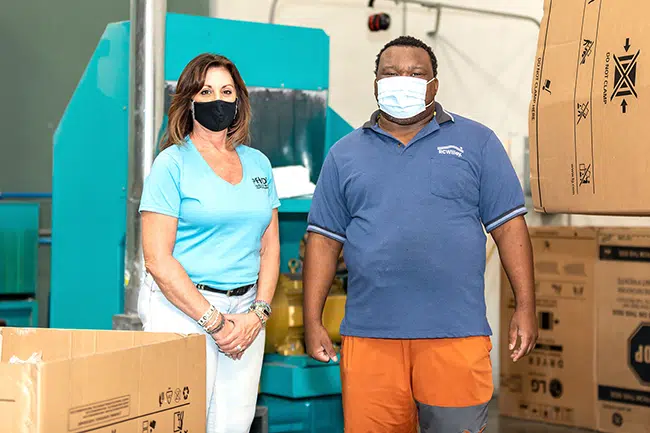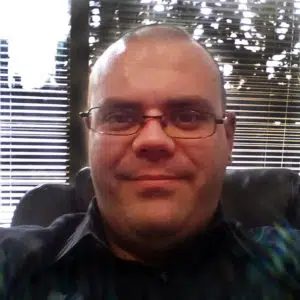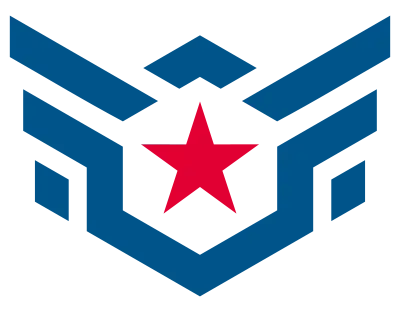When Tracy Valencia was growing up, she would save all her class notes for her younger brother, whose disability made it hard for him to write. Her brother Ed used those notes to keep up in high school, eventually graduating as a straight-A student.
Today, Tracy brings this same thoughtful dedication to her work as a PRIDE Job Coach. Every year, Tracy helps dozens of people with disabilities learn the skills they need to get and keep a job. She also provides on-the-job support.
Tracy’s role as a Job Coach has become even more crucial during the pandemic. For example, when S.L. Scotty, one of Tracy’s clients, wanted to continue his work at an R.C. Willey Distribution Center, Tracy was both proud and concerned. The pandemic was new; safety guidelines still needed to be defined.
Tracy knew she wanted Scotty and others to take every precaution possible, so she partnered with PRIDE Industries’ Safety team to provide masks and gloves for these employees as soon as possible. PRIDE Industries management had already sourced the needed materials, so Tracy was able to equip her clients to continue working safely.
Need employment placement support?

“I’m proud of the people I support,” says Tracy. “Nothing was going to stop them from doing their jobs. We truly have some shining stars out there.”




